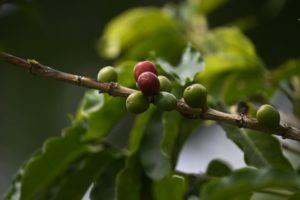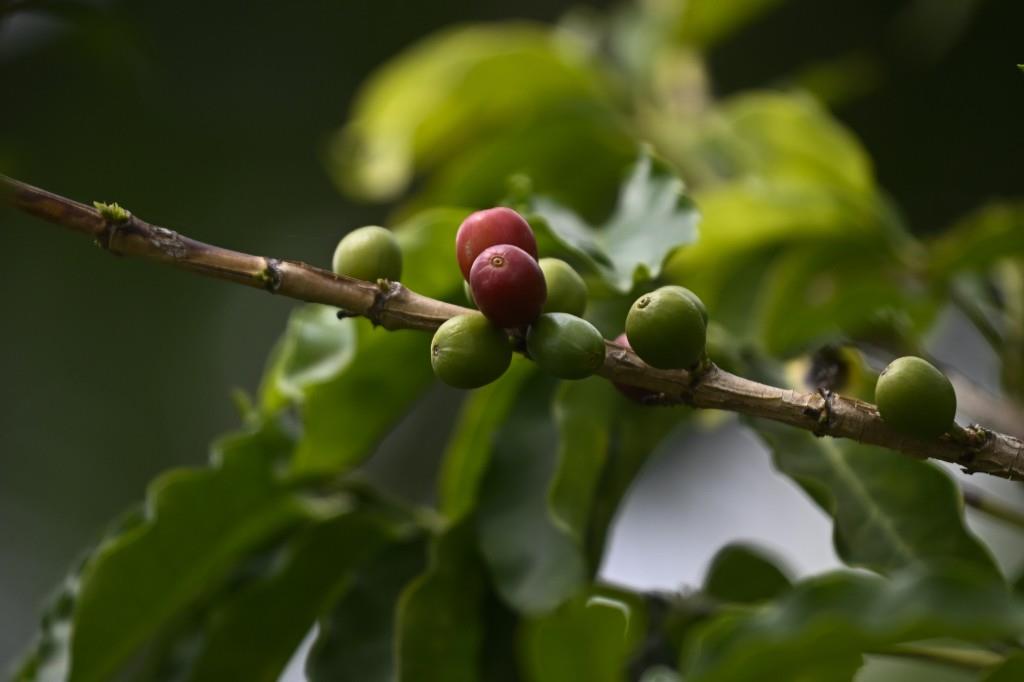(MENAFN- Brazil-Arab News Agency (ANBA))

São Paulo – Coffee was among the top 15 Brazilian agribusiness exports to the Arab countries in 2022. Of the list, the commodity was also the one that saw the highest price rise. It was sold in the Arab League for USD 3,962.57 per tonne, up 88.10% from a year earlier, according to data compiled by the market Intelligence department of the Arab Brazilian Chamber of Commerce (ABCC) made public earlier this month.
While the price paid for the product was higher, the volume and revenue of sales to the Arab bloc fell. The Brazilian Coffee Exporters Council (Cecafé) said 845,860 60-kg bags were exported , down 48.1%. And the income generated reached USD 206.9 million, down 4%.
In an interview with ANBA, Cecafé chairman Márcio Ferreira talked about what could explain this seeming contradiction. Overall exports, the executive said, underwent shipment issues in 2022.“Logistical issues led to the decrease in the overall exported volume, despite the significant price increases,” he said.
Read more:
brazilian exports to arab countries hit all-time record
The most critical point for Ferreira, though, comes from climatic phenomena that hit Brazilian farms in the past couple of years.“Climate-related incidents that took place in 2021, particularly in Arabica coffee-growing regions South Minas Gerais and Mogiana [Noth São Paulo], drove the coffee prices up. One of them saw a long drought, then came the largest frost since 1994,” the chairman said.
Besides these factors that impacted production and prices, Ferreira pointed out that the market was coming from a speculation period.“There was the issue of the pandemic, which we didn't know how long would last,” he said, pointing out that many consumers rushed to secure its supply - and paid the price for it.
Rio Minas coffee But the lower volume sold to the Arab countries has a reason.“In the Arab countries, there's the habit of consuming Rio Minas coffee. It has the same flavor the Mediterranean community is used to drinking. And the only country that grows Arabica coffee with these traits is Brazil,” Ferreira said. Rio Minas cupping taste coffee is a name given in the domestic market to beans with lower quality and, therefore, lower prices.
And this is a point where the impacts of weather issues come to play again.“The most affected regions are Rio Minas coffee producers. As it is cheaper than other varieties, it is also in demand for domestic consumption. The lack of Arabica has caused the New York Stock Exchange (NYSE) rates in the last two years to more than double. They went from USD 100 to USD 240 [per 60-kg bag],” he said, referring to the commodity exchange where foreign rates for the Arabica species are negotiated.
The increase in global rates made prices in dollars surge, including the Rio Minas Arabica, preferred in Arab countries. Rio Minas coffee is also in high demand in the Brazilian domestic market as it is widely used in blends with other beans. Abroad, to circumvent the price hike in Rio Minas coffee, the Arab bloc altered blends and increased imports of Robusta coffee from countries like Vietnam.
Native traders There is also another critical strategy at play. Negotiation. Although international commodity exchanges regulate the coffee market, buyers can choose different contract forms. As a result of possibilities like this, Arab countries have a history of haggling for better prices, often lower than other major buyers of the Brazilian product.
If previously, the Arab bloc obtained prices below those offered to other regions, this could explain why in 2022, the upsurge was so significant for them. But how does this happen?“Concerning coffee, the Arab community tends to pay a fixed price. Meanwhile, other consumers are focusing on hedging through the commodity exchange. As the Arabs don't do that, they get a better rate every time the commodity prices spike. And, as I said, the commodity's exchange rate [in recent years] has more than doubled. The Arabs have already bought coffee at fixed prices in advance. And they are good at negotiating; it is already part of their culture,” concluded Ferreira.
Translated by Guilherme Miranda & Elúsio Brasileiro
©Mateus Bonomi/Anadolu Agency/AFP
The post coffee: highest price rise among top 15 exports to arabs appeared first on agência de notícias brasil-árabe .

.jpg)



















Comments
No comment